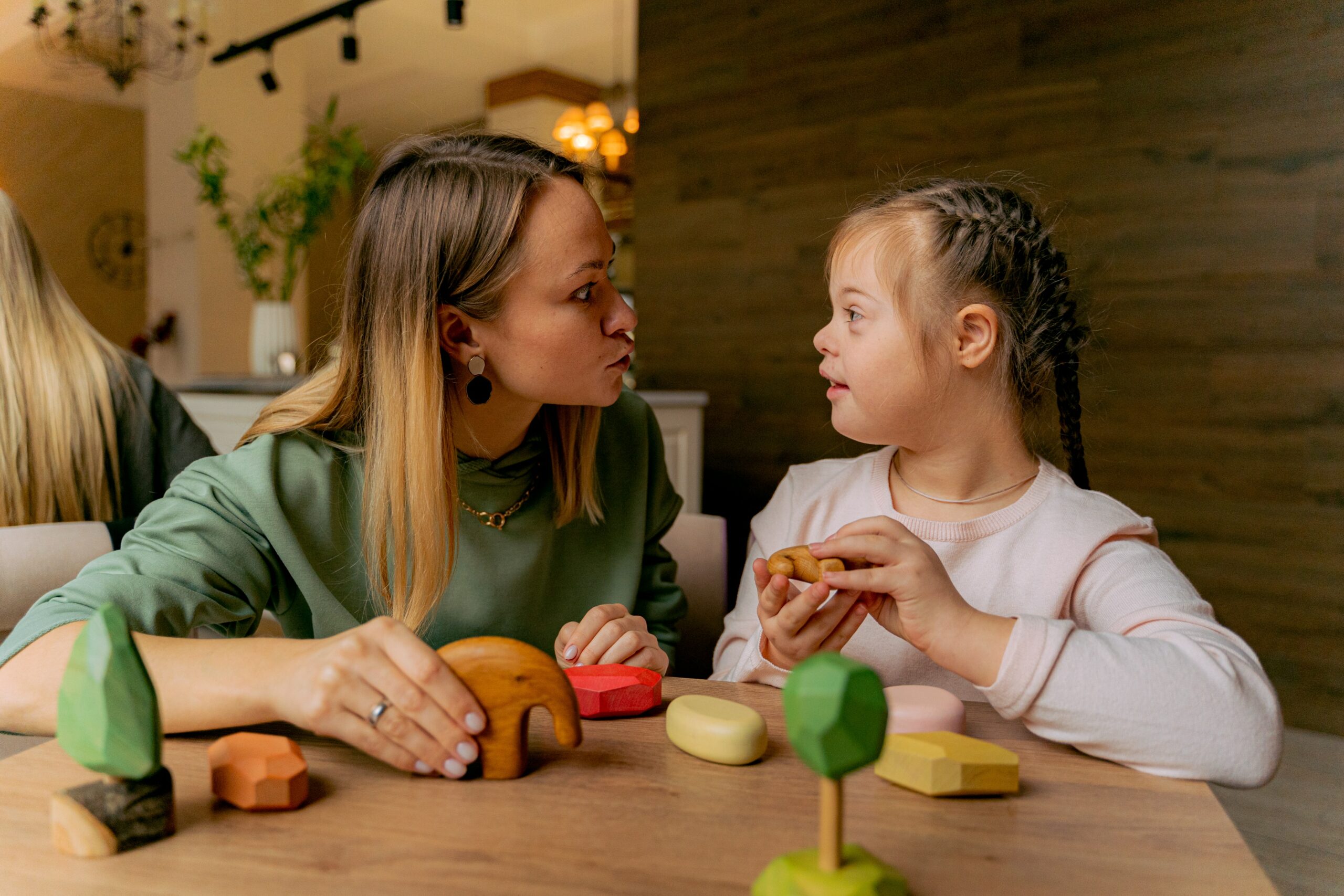The Nuffield Dyspraxia Programme is a specialized intervention program designed to support individuals, particularly children and adolescents, who have developmental coordination disorder (DCD) or dyspraxia. Dyspraxia is a neurological condition that affects motor coordination and can impact a person's ability to plan and execute movements effectively. The Nuffield Dyspraxia Programme was developed by the Dyscovery Centre at the University of South Wales, UK, and it aims to improve motor coordination and related skills. Here are the key components and principles of the Nuffield Dyspraxia Programme:
- Comprehensive Assessment: The program typically begins with a thorough assessment to understand the individual's specific motor coordination difficulties, strengths, and challenges. This assessment helps tailor the intervention to the individual's needs.
- Goal-Oriented: The Nuffield Dyspraxia Programme is goal-oriented, focusing on achieving specific functional goals related to motor coordination and daily life activities. These goals are set collaboratively with the individual and their family.
- Structured Intervention: The program offers a structured intervention plan that includes a series of activities and exercises designed to target different aspects of motor coordination. These activities are designed to gradually build motor skills and improve overall coordination.
- Motor Skills Development: The program focuses on improving various motor skills, such as balance, posture, fine motor skills (e.g., handwriting), gross motor skills (e.g., running and jumping), and visual-motor integration.
- Individualized Approach: The intervention is highly individualized, taking into account the specific needs and challenges of each person with dyspraxia. This individualization allows for a tailored approach to skill development.
- Multi-Sensory Approach: The program often incorporates multi-sensory activities and exercises to engage different senses (e.g., tactile, auditory, visual) in the learning process. Multi-sensory input can enhance motor learning and coordination.
- Progress Monitoring: Progress is regularly monitored through assessments and observations to track improvements in motor coordination and related skills. Adjustments to the intervention plan are made based on progress.
- Family Involvement: The involvement of parents or caregivers is essential in the Nuffield Dyspraxia Programme. They are provided with guidance and strategies to support their child's development and practice activities at home.
- Education and Training: Parents, caregivers, and educators are often offered education and training to better understand dyspraxia and how to provide effective support to individuals with this condition.
- Cultural Sensitivity: The program is designed to be culturally sensitive and adaptable to diverse backgrounds and experiences. It recognizes the importance of considering cultural factors in intervention.
- Long-Term Support: For many individuals with dyspraxia, ongoing support and intervention may be necessary. The Nuffield Dyspraxia Programme can be adapted and extended to provide continuous support over time.
The Nuffield Dyspraxia Programme is recognized for its evidence-based approach and has been used in clinical and educational settings to support individuals with dyspraxia in improving their motor coordination and overall functional abilities. It aims to enhance the quality of life and independence of individuals with dyspraxia by addressing the challenges associated with motor coordination difficulties.

